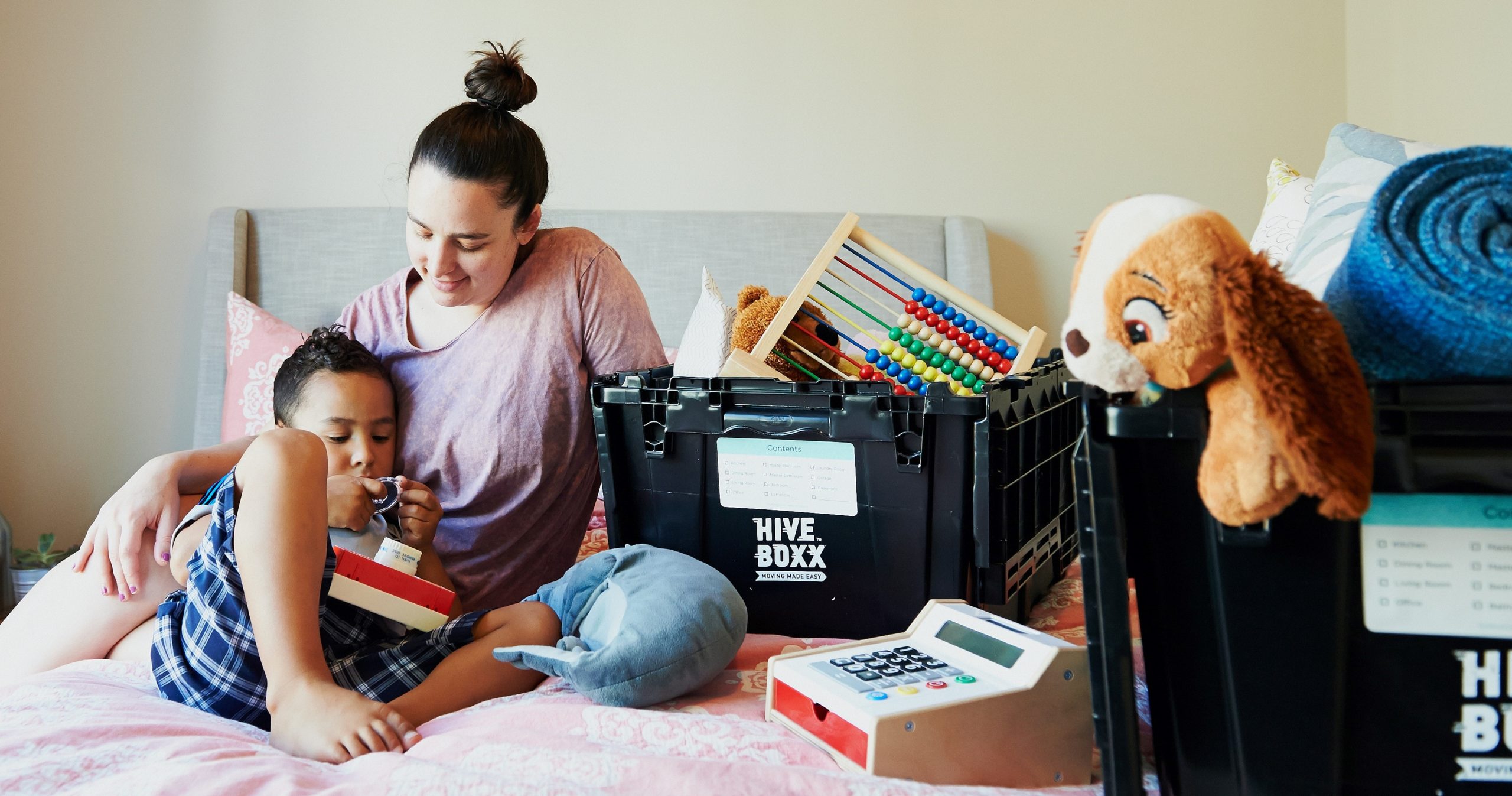
by rossanahead | Mar 9, 2012 | children, Education, family, parenting
By Maridol Rañoa-Bismark
It was John F. Kennedy who said that “a child miseducated is a child lost.”
That’s why we parents work ourselves to the bone to give our child the best education we can afford. Let’s face it, good schools – with the exception of state-run universities where admission is tough – cost a lot. But most good things do. After all, a good education, unlike a house and lot, jewelry, and the most expensive car, cannot be stolen. It stays with you forever. You can even pass it on to your children, and they can pass it on to the next generation. It’s an heirloom of a different, more lasting kind.
How many humble men have triumphed from poverty because they refused to accept their lot and sought good education as a way out of dire straits?
Former presidents Ramon Magsaysay and Diosdado Macapagal were born poor, but they worked hard at getting the education that helped make them the top officials of the land.
The father of Sen. Manny Villar, one of the richest men in the country, got a job promotion after he got a year-long scholarship for higher education in the U.S. The senator himself returned to his alma mater, the University of the Philippines, for a Masters degree in Business Administration.
Eight-division world champion and Sarangani congressman Manny Pacquaio dropped out of high school because of poverty. However, he took the high school equivalency exam that made him eligible to go to college. He is now taking up Business Management.
Manny is already on top of his game. He has everything. But he knew that getting a good education is one way of improving himself. Education, after all, as Aristotle says, is the mother of leadership. And a resume studded with degrees from reputable schools is a sure passport, not just to a job, but to a respectable position in any company.
In these tough times when competition for jobs is very keen, a degree from a good school is crucial. It will spell the difference between getting a job and staying at home, waiting for that all-important interview. It will distinguish the productive from the non-productive; the esteemed individual from the so-so. The productive ones lead more meaningful lives. They are happier since they contribute more to society. The non-productive ones turn drifters; neither here nor there in a world that’s already confusing as it is.
The choice is ours. Do we let our children’s minds go fallow by giving them education that is less than what they deserve? Or do we develop their rich imagination and quench their thirst for learning by giving them good, priceless education? Just as important, do we develop in them a love for learning that will stay with them, even after they’re done with college and earning well?
For those of us who want only the best for our children, there is no choice. It’s good education–and a love for learning–or bust.
Photo by Aaron Burden on Unsplash

by rossanahead | Mar 9, 2012 | children, Education, family, parenting, Ruth M. Floresca
By Ruth Manimtim-Floresca
One of the many things I thank my parents for is making sure my siblings and I finish college. Like my Nanay and Tatay, I believe that having a good education is a big factor in a person’s future. That is why my husband and I also dream to see our sons get good jobs or put up a thriving business someday so they can, in turn, be able to raise their families well.
Having knowledge about many things can help a person make good choices because decisions should be made after all angles are considered. This is not always possible if one has limited information. Sure, we don’t, and won’t, learn everything in school. But going through a structured educational system at least guarantees you won’t miss out as much compared to those who didn’t go to school at all, or stopped going to school earlier than they should.
Among the various advocacies I support, I particularly have a soft spot for children’s education. Hubby and I sponsor a child each through World Vision because we’ve seen how our donations, no matter how small, are making an impact in the lives of two children, their families, and their communities.
I am optimistic that if only every Filipino child, the leaders of the future, could have a good education, our country would have a brighter tomorrow. Of course, included there should be good values that will also give them the heart and compassion to help others, not just themselves, when the right time comes.
This March and April, three of my sons are graduating from elementary, high school, and college. I feel this sense of joy and accomplishment for getting them through this far. I know, we still have a long way to go but the foundation is already there. And I will continue supporting my kids as much as I can in reaching their full potentials by making sure they all finish school and improve their chances of having the good lives every parent dreams of for their children.
Photo by HiveBoxx on Unsplash

by rossanahead | Mar 8, 2012 | career, children, Education, family, parenting, Rossana Llenado, woman
By Rossana L. Llenado
Today is very special as we celebrate International Women’s Month and the first year anniversary of Smart Super Women.
We started S, as we fondly call it, to serve as a forum for smart super ladies to inspire other equally bright and busy women.
We asked people we admire to share with us their stories.
We asked leaders to share with us the secret of their success. We asked them to trace their roots, to speak to us about their vision, and to share with us their triumphs and tribulations.
We asked parents to share with us how they raise their children. We asked them how they became so strong as they dealt with the challenges of modern parenting. Does your being strong benefit your children? Do you want your daughter to be as strong as you are? These are the questions that we asked of them, the answers of which they gladly gave us.
We asked single successful career women to share with us the choices that they had to make. We asked them to tell us about the joys of freedom and independence and about how they sometimes had to conquer the specter of loneliness.
We asked everybody to share with us the events of their daily lives. What gives them joy? What matters to them, what concerns them, what jolts them into feeling?
By asking these questions, these leaders, parents, and women showed off the brilliance that is their education. Indeed, in one story after another, we saw how a good education proved to be the final touch that spurred a person to excellence and achievement.
This we did for the last 365 days. They wrote. We posted. We shared.
Each essay is a celebration of one woman and of all women.
We hope to bring more inspiring essays in the coming years. And we invite all of you to share your story, so that there will be more Smart Super Women out there.

by rossanahead | Jan 24, 2012 | career, Education, Mari-an Santos, woman
By Mari-An Santos
I have always been a diligent student. Studying is something I take very seriously, and so I am accustomed to getting good grades in school. Every day, I remember, I would have homework in at least two of my classes and a quiz the next day. I would stay up until late in the night to turn in a more than satisfactory paper; putting in as much study time as I could for upcoming examinations. This work ethic paid off and I graduated cum laude from university.
It took me by surprise then how classes are conducted so differently in Europe. Since my colleagues in my Masteral classes are working people, we only meet on weekends. Professors are not very strict with attendance. In fact, I was surprised to learn that there were actually more than 20 students enrolled in our block; only ten attended classes regularly.
Here in Romania, teachers prefer free-flowing discussions. They encourage students to give their thoughts and opinions. There are no quizzes or midterm exams, only a final paper and the final examination. The burden of learning rests almost entirely on the students’ shoulders—how bizarre!
Because the classes are not conducted in English, I’ve had to work double time on my language skills. I need to pay attention in class in order understand and follow the discussions. Usually, the professor stops in the middle of the class to summarize for me in English what has already been discussed—and to ask for my input. He does the same at the end of the class. In this case, I am challenged to snap back from a bubble of very little understanding, to understand everything that’s been discussed, and to formulate an opinion. This also means I cannot be distracted during class nor can I say “pass” when asked a question.
What do I do on weekdays? I read the books recommended by my professors so that I can follow the class. But even in this area, I have the freedom to choose what I want to read; the professors aren’t strict about reading lists as well.
In many ways, it is an admirable system. Each student is responsible for his own performance—whether he comes to participate in class, reads appropriate books, and strives hard to write a good paper and perform well during the examination. In effect, the student is also able to formulate his own ideas based on what he learns from various sources. If he’s lazy, then he won’t learn anything.
Now, I have become more accustomed to being less pressured and frazzled about school. If I don’t do my readings, then I only have myself to blame for not performing well in class. It is also up to me to digest all these concepts and ideas, and decide what I think and feel about them.
And the papers? Well, we’ll see how I fare come examination week.
Photo by David Travis on Unsplash

by rossanahead | Jan 6, 2012 | career, children, parenting, woman
By Leslie G. Lee
I became an aunt almost a decade ago, when my older sister gave birth to her first son, Nathan, who is now nine years old. At that time, I had no inkling that my life would change upon the arrival of this little boy. Sure, I was excited about the newest addition to our family, but what I didn’t expect was just how much I would grow and evolve as a person by being an aunt.
Pre-aunthood, I was a driven, workaholic advertising account executive. I’d put in long hours in the office and obsessed about work day and night, so determined was I to climb and claw my way up the ladder. My life was centered on my career and nothing else.
Nathan changed all that.
I remember when my parents informed me that my sister was in labor in the wee hours of the morning. That day was a particularly busy one for me, as I was juggling various accounts and neck-deep in paperwork. I wanted to be with my parents in the waiting area but since I couldn’t, I arranged for flowers and gifts to convey my congratulations. My sister had to stay in the hospital for two more days after giving birth, and I wanted more than ever to visit her and go to the maternity wing to get a glimpse of my first nephew.
But I couldn’t, because I was buried with work.
When I saw the baby, however, it was love at first sight.
My obsession with work was replaced by my passion of seeing my nephew grow up. I grew resentful of my work since the long hours meant less time with him. Finally, I decided to quit my job in advertising and sought another job that would offer a more balanced work-life.
Apparently, I had made the right decision, for I now have three precocious nephews, and among their slew of aunts, I am the one whom they see most often.
Just as every person has his or her own style of parenting, I too have my own way of being an aunt to these three little ones. I’m a hands-on aunt: babysitter, caregiver, and surrogate mother on call. My family knows that I would cancel or postpone meetings or plans with friends at the drop of a hat, should my sisters and their husbands require someone to pinch-hit as a parent. I spoil them rotten with gifts almost every month and always buy them souvenirs whenever I go abroad. In fact, in one of my business trips, I bought more stuff for them than myself! I indulge their whims, understand and love their quirks, and bond with them at every opportunity.
Everyone gets a glimpse of parenthood one way or another, but for me, being a hands-on aunt not only gives me that, but also provides a good training ground for future parenthood. I’ve picked up a lot of tips and skills in my 10 years of being an auntie: from the practical and technical (changing diapers, cradling a newborn, putting a baby to sleep) to the emotional and psychological (dealing with three very distinct personalities, instilling good manners and virtues, satiating their curiosity with truthful yet carefully crafted answers).
And more than just learning the ropes and prepping myself for future parenthood, my “auntie” style has given me an idea of how I would be as a mother. But then again, we will never really know, not until I have a child of my own.
A recovering workaholic, Leslie G. Lee is a staunch advocate of work-life balance. Her passion for words has led her to work for and contribute to a number of publications in the Philippines and Singapore. Currently, she is taking a break from the frenetic world of publishing, in order to rejuvenate her creative juices, focus on her personal growth, and, most importantly, spend more quality time with her three adorable nephews.
Photo by Joshua Reddekopp on Unsplash





